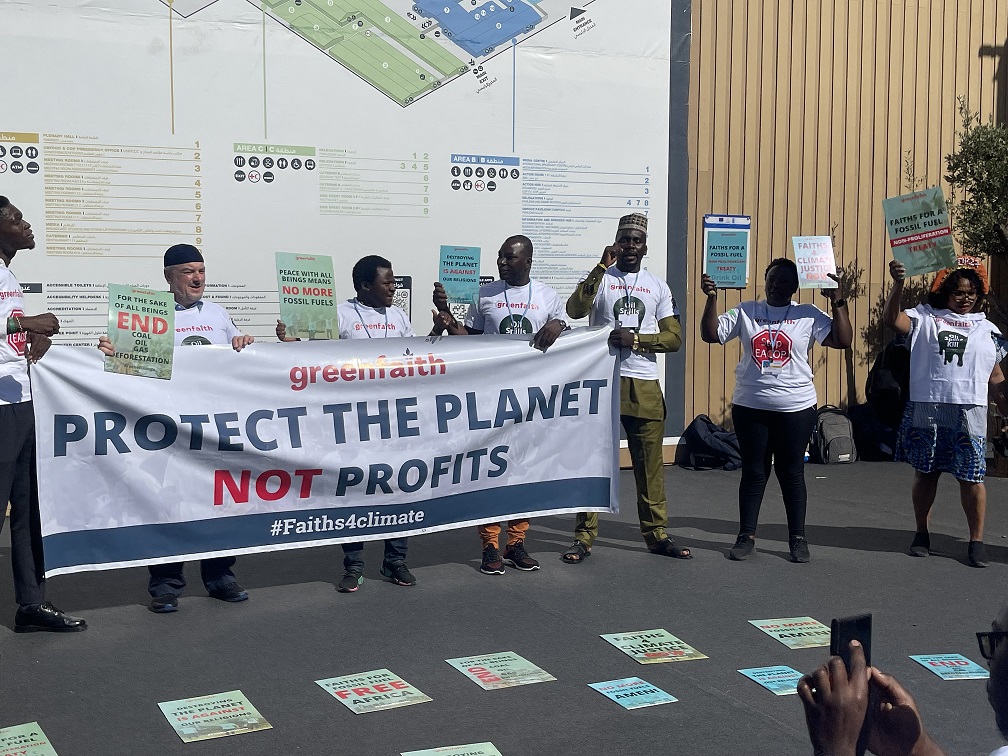By Aghan Daniel I aghan@meshascience.org

An initiative that seeks to reduce carbon emissions, a major contributor to the warming of the earth, has been launched.
The announcement was made at the on-going UN Summit on Climate Change popularly referred to as COP-27 being held at Sharm el Sheikh, Egypt.
Why is carbon important?
Carbon is in carbon dioxide, which is a greenhouse gas that traps heat close to Earth. It helps the Earth to hold some of the heat it receives from the Sun so it doesn’t all escape back into space. But carbon dioxide (CO2) is only good up to a point – beyond that point, Earth’s temperature warms up too much
The strategy is a collaborative venture of 25 new collaborative actions to be delivered by COP28 to speed up the decarbonisation (reduction of carbon emissions) under five key breakthroughs of power, road transport, steel, hydrogen and agriculture.
Historic support by three COP Presidencies for COP26, COP27 and COP28 drives forward implementation from Glasgow to Sharm El Sheik and into the United Arab Emirates-hosted COP and sends a signal of intent to the private sector.
Actions target sectors accounting for more than 50% of global greenhouse gas emissions and are also designed to reduce energy costs and enhance food security, with buildings and cement sectors to be added to the Breakthrough Agenda next year
Under the Breakthrough Agenda countries representing more than 50% of global GDP set out sector-specific ‘Priority Actions’ to decarbonise power, transport and steel, scale up low-emission hydrogen production and accelerate the shift to sustainable agriculture by COP28. These measures are designed to cut energy costs, rapidly reduce emissions and boost food security for billions of people worldwide.
The actions under each breakthrough will be delivered through coalitions of committed countries – from the G7, European Commission, India, Egypt, Morocco and others, supported by leading international organizations and initiatives, and spearheaded by a core group of leading governments. These efforts will be reinforced with private finance and leading industry initiatives and further countries are encouraged to join.
The Priority Actions include agreements to develop common definitions for low-emission and near-zero emission steel, hydrogen and sustainable batteries to help direct billions of pounds in investment, procurement and trade to ensure credibility and transparency.
Another priority is to ramp up the deployment of essential infrastructure projects including at least 50 large scale net-zero emission industrial plants, at least 100 hydrogen valleys and a package of major cross-border power grid infrastructure projects
The collaborators also agreed to set a common target date to phase out polluting cars and vehicles, consistent with the Paris Agreement. Significant backing for the dates of 2040 globally and 2035 in leading markets will be announced by countries, businesses and cities on Solutions Day.
They will also use billions of pounds of private and public procurement and infrastructure spend to stimulate global demand for green industrial goods.
Systematically, they noted in a press stamen, they will strengthen financial and technological assistance to developing countries and emerging markets to support their transitions backed up by a range of new financial measures, including the world’s first major dedicated industry transition programme under the Climate Investment Funds.
Finally, drive investment in agriculture research, development & demonstration (RD&D) to generate solutions to address the challenges of food insecurity, climate change and environmental degradation.

Leave A Comment